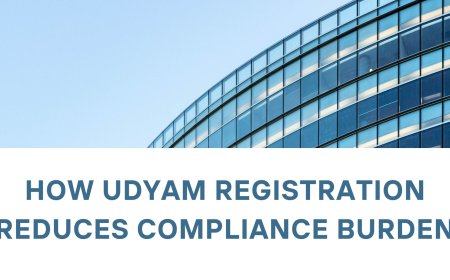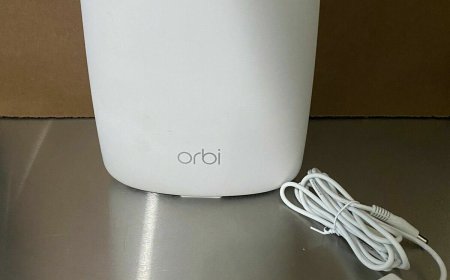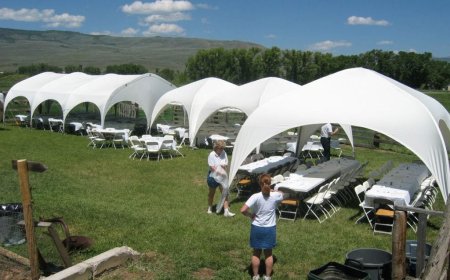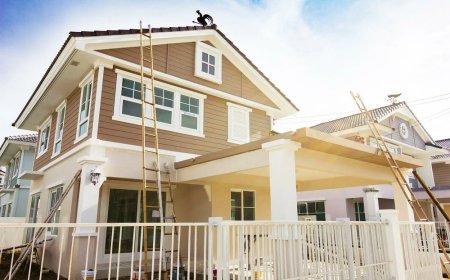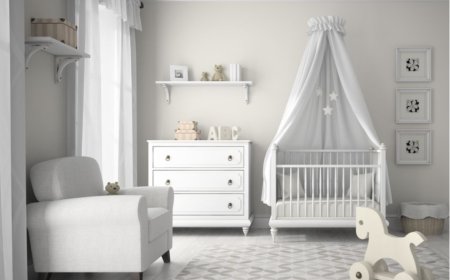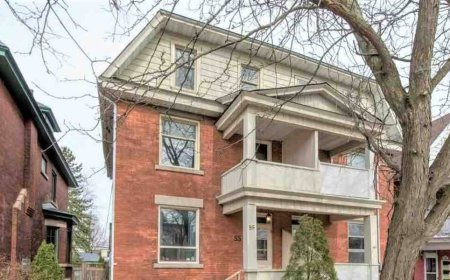Engineered vs. Solid Hardwood: Which Flooring Type Is Right for You in 2025?
If you are considering flooring for your home or project in 2025, engineered hardwood vs solid hardwood floors is probably one of the most pressing decisions you would have to make. Each has its own strengths, and the right choice for you will depend on your lifestyle, budget and space needs. Well compare the two devices for various factors, including price, to best show the differences and even when each should be used especially, If youre looking about options like the ones on this curated list of wood flooring.
Understanding the Basics
What is Solid Hardwood?
Solid hardwood is made from a single piece of natural wood, usually around 3/4 inches thick. It can be sanded and refinished multiple times over decades, making it a popular choice for long-term homeowners.
What is Engineered Hardwood?
Engineered hardwood features a real hardwood top layer bonded to multiple layers of plywood or fiberboard. It looks just like solid wood but offers better stability, especially in areas with fluctuating humidity.
Durability and Longevity
-
Solid Hardwood: Known for its strength and ability to be refinished many times, it can last for generations if maintained properly.
-
Engineered Hardwood: Though not as thick as solid wood, quality engineered floors can last 2030 years. They're designed to resist warping, making them ideal for basements and condos.
Moisture Resistance
-
Solid wood is sensitive to moisture and not recommended for bathrooms, basements, or humid climates.
-
Engineered wood handles moisture better and can be installed in more places, including over concrete slabs or radiant heating systems.
Installation Flexibility
-
Solid hardwood typically requires professional nail-down installation.
-
Engineered hardwood is more versatileit can be glued, stapled, or floated. Some even offer click-lock systems for easier DIY installation.
Refinishing Options
-
Solid wood can be refinished 46 times.
-
Engineered wood, depending on the wear layer thickness, can usually be refinished once or twice.
Cost Considerations
-
Solid hardwood is often more expensive both in material and labor costs.
-
Engineered hardwood is generally more budget-friendly and easier to install, which can reduce total costs.
Environmental Impact
Both options can be eco-friendly depending on the brand and sourcing. Engineered wood uses less solid timber overall, which some homeowners consider more sustainable.
Aesthetic Appeal
Visually, both are nearly indistinguishable. Engineered hardwood offers more flexibility in plank widths and finishes, which is great for customizing the look.
Which Should You Choose?
Choose solid hardwood if:
-
You're renovating a long-term home
-
You prefer the traditional feel and look
-
You want the ability to refinish multiple times
Choose engineered hardwood if:
-
You're working with a tighter budget
-
You need moisture resistance or flexible installation
-
You're installing flooring in a basement, condo, or rental property
Final Thought
Theres no one-size-fits-all when it comes to flooring. Your decision should balance lifestyle needs, design preferences, and budget. Whether you lean toward the timeless charm of solid wood or the modern convenience of engineered planks, both can add beauty and value to your space.

















